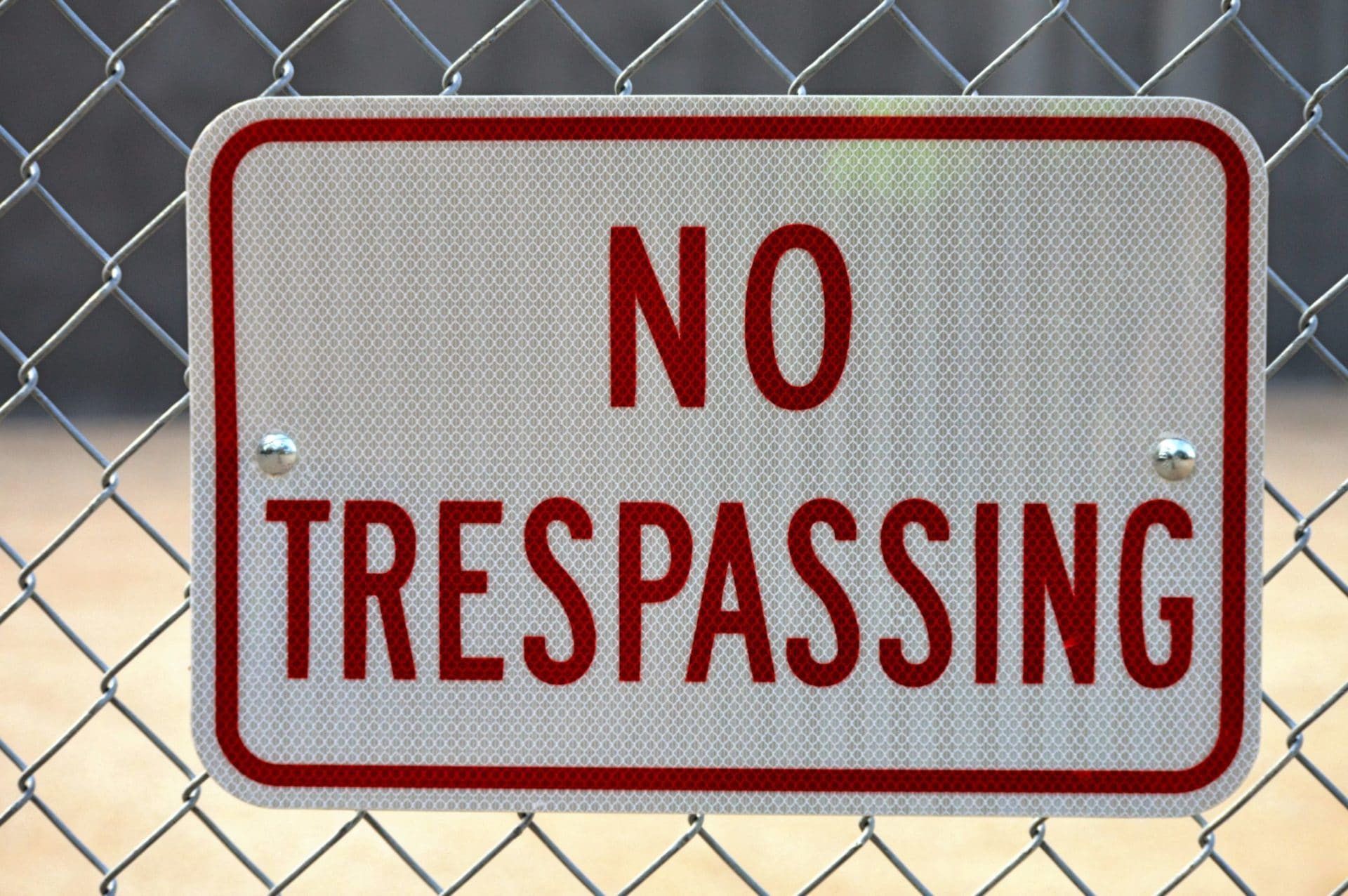Stealing from a Car – Even an Unlocked One – Is Burglary in Illinois
For many, burglary and theft are two very different things – one just means taking things that don’t belong to you, while the other refers to breaking into a house or store to take those things. While there is some truth to that line of reasoning, it’s not completely correct. The legal definition of burglary can be much different, and more encompassing, than what most people often assume.
Take, for example, the case of three teenagers who were arrested in Orland Park after stealing contents from five parked cars that were all unlocked. The vehicles were not otherwise damaged or broken into. The teenagers were simply walking around pulling at door handles to see which ones opened and were able to get into five vehicles over the course of the night.
Or how about what happened in Urbana? During the months of July and August this year, nearly 30 vehicles had items stolen from them. In all but two of these situations, the suspects stole items from within the vehicles once they found that the vehicle doors were left unlocked – just like the other story above. In the other two situations, items were stolen from the beds of trucks. In this crime spree, everything from cash to electronics was stolen, including three handguns.
Sound like theft, right? After all, the thieves didn’t break into buildings – they didn’t “break” into anywhere because the vehicle owners made the mistake of leaving their cars unlocked.
That’s not what their charges say, though. In both cases, the alleged criminals were charged with burglary. Why, exactly?
What Does Illinois Burglary Look Like?
If you asked a hundred people to describe a burglary, chances are good that the majority would talk about a masked man stealthily sneaking into a locked home late at night and stealing all of the valuables – television, jewelry, cash, and so on. While burglary certainly can look something like this, oftentimes, it’s much more simple and discreet than that.
In the Orland Park story above, those teenagers were accused of burglary because they entered into somebody else’s property (a vehicle) without permission to do so, and with the intent to commit another crime (i.e. take somebody’s possessions). Similarly, those situations in Urbana in which everyday possessions were stolen from unlocked vehicles or the exterior of a vehicle also illustrate examples of burglary.
Why? Because the legal definition of burglary is the entering of another person’s property with the intent to commit another crime. If there is no intent to commit a further crime, you’re likely looking at a trespassing charge instead.

Based on that definition, burglary is not restricted only to a home or vehicle, but can also include any building, watercraft, aircraft, trailer, or even a railroad car. As seen from the second story above, it also applies to the exterior of vehicles or buildings, such as the bed of a truck. Burglary can also occur if you were granted entry to someone’s property but “overstayed your welcome” and the permission to enter the property expires.
Other Charges That Can Come with Illinois Burglary Offenses
You might have noticed that we called out the fact that three handguns were taken from unlocked vehicles. This is because burglary of a firearm is a separate and very serious crime: possession of a stolen firearm.
Having a stolen firearm on you or in your possession is a Class 2 felony in Illinois and carries severe consequences. The state takes these crimes very seriously, in part due to the growing prevalence of crimes that are committed with stolen firearms.
In addition, if you are found to have “burglary tools” on you, you are looking at an additional crime with its own set of penalties. Burglary tools can include any sort of key, tool, or other instruments that are suitable for committing burglary (e.g. a crowbar). Possession of burglary tools is a Class 4 felony.
Consequences for Burglary in Illinois
Burglary is generally considered a class 2 felony in Illinois. This level of felony in our state can result in a sentence of 3-7 years in prison and/or a fine of up to $25,000.
However, burglary may also be considered a Class 1 felony in certain situations. Generally, burglaries of a residence, school, or place of worship will rise to a Class 1 felony. Class 1 felonies carry a higher penalty of 4-15 years possible imprisonment, as well as a possible fine up to $25,000 that can be levied.

Fighting an Illinois Burglary Charge
Because the intent to commit a crime is required for a burglary conviction, defendants may be able to prove that there was no such intent. Doing so would likely result in a lesser charge, such as criminal trespassing, which in some cases is only a misdemeanor. Another defense is that the suspect had permission to enter the property.
It’s important to understand the legal definition of burglary as well as the different types of burglary charges. You also need to know what circumstances make it a burglary instead of theft or trespassing, especially if you ever find yourself in the situation of needing to establish your innocence in the face of a burglary charge.
About the Author:
Andrew M. Weisberg is a former felony prosecutor who now serves as a defense attorney in the greater Chicago area. He has extensive experience in handling all types of criminal cases, from sex offenses and domestic violence to retail theft-related crimes, murder, and drug crimes.







 Blog Home
Blog Home 










